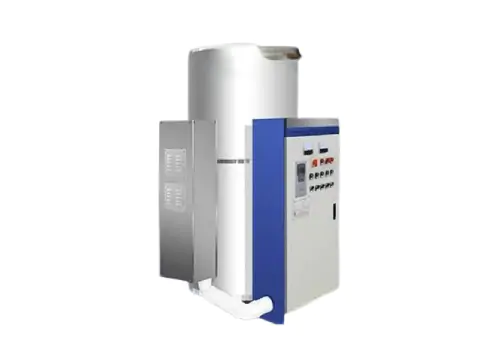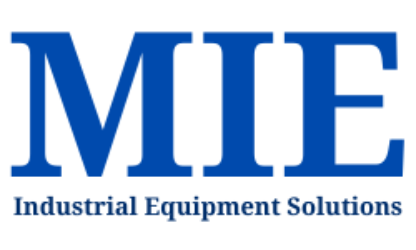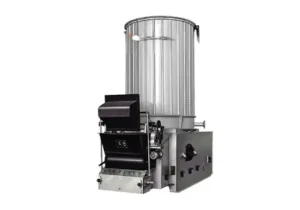 Introduction
Introduction
Picking the right boiler matters a lot to homeowners and business owners. It affects your comfort and energy costs, and it has an impact on how well your heating system works and how eco-friendly it is. With all the choices out there, it can be hard to understand the differences between boiler types. This guide aims to explain the main features, benefits, and best uses of different boilers, so you can make a smart choice.
This in-depth guide breaks down the advantages and drawbacks of different boiler types, helping you make a smart choice based on your unique heating needs, energy-saving targets, and available space. Whether you’re swapping out an old system or putting in a new one, this resource gives you the knowledge to pick the best boiler for top performance and value for money.
Combi Boilers
Combi boilers, which people also call combination boilers, are a hit with many homeowners because they’re small and work well. These boilers put a central heating boiler and a hot water tank in one unit, giving you both heating and hot water when you need it.
Key Features:
- Small size: Combi boilers take up less room than old-school boiler systems, so they’re great for smaller homes or flats.
- Hot water right away: You don’t have to wait for a hot water tank to fill up. Combi boilers give you hot water at the heat you want, on the spot.
- Works well: Combi boilers save more energy than old systems, which means your energy bills might go down.
Ideal Applications:
- Smaller homes: Combi boilers work well in houses with one or two bathrooms.
- Apartments: Their small size and good performance make them a smart pick for apartment buildings.
- Properties with little space: If you don’t have much room for a boiler and hot water tank, a combi boiler can be a great choice.
System Boilers
System boilers provide heating and hot water to bigger properties. They have a boilers unit and a separate hot water tank. This setup allows them to handle more hot water needs and perform better in larger homes or business buildings. You can read about boilers and understand the concepts of boilers.
Key Features:
- High hot water capacity: System boilers can handle more hot water, making them a good fit for bigger families or homes with several bathrooms.
- Flexibility: They give you more options for storing and distributing hot water.
- Efficiency: System boilers are efficient, but how well they work overall depends on the quality of the hot water tank and insulation.
Ideal Applications:
- Bigger houses: System boilers work great for homes that have three or more bathrooms.
- Business properties: Places like restaurants, hotels, and offices often need system boilers to meet their hot water needs.
- Places that use lots of hot water: If you have a big family or often have guests over, a system boiler can give you plenty of hot water.
Condensing Boilers
Condensing boiler are the most efficient type of boiler you can get. They catch and reuse the heat from the water vapor in the flue gas, which saves a lot of energy.
Main Features:
- Very good performance: condensing boilers can reach efficiency levels of over 90%, which leads to big energy savings.
- Less carbon output: Because they work so well, condensing boilers give off less carbon, making them better for the environment.
- Lower energy costs: The energy you save with a condensing boiler can cut down your heating and hot water bills.
Best Uses:
- New builds: Condensing boilers top the list for new homes. They save energy and help the environment.
- Homeowners who want lower energy bills: If you aim to cut your energy costs, a condensing boiler can be a smart buy.
- Properties that need a lot of heat: Condensing boilers work great for places that need plenty of heat, like homes in cold areas
- Things to Think About When Picking a Boiler
When you choose a boiler, you need to look at a few key points to make sure it fits what you need and want:
- Property size: Your property’s size decides how much output and hot water capacity your boiler needs.
- Hot water demand: Think about how much hot water you use to pick the right boiler type and hot water tank size.
- Energy efficiency: Choose a condensing boiler if you want to cut down on energy bills.
- Budget: Boilers come at different prices so set a budget and look at options that fit it.
- Installation costs: Remember to include the cost of installation, like any new pipes or changes needed.
- Maintenance requirements: Keep in mind that different boiler types might need different upkeep, so think about the ongoing costs and work involved.
Conclusion
Picking the right boiler is a crucial choice that impacts your comfort, energy savings, and heating expenses. By knowing the main features, benefits, and best uses of combi, system, and condensing boilers, you can make a smart decision that fits your needs. Consider the points in this guide to make sure you pick a boiler that provides dependable heating and hot water for a long time.s


 Introduction
Introduction